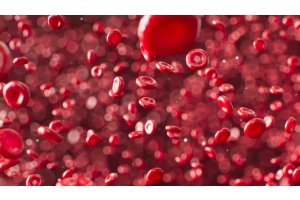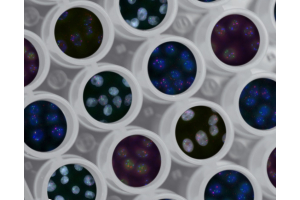New research findings about Huntington's disease
Last updated: 01 November 2019
You can legally access new medicines, even if they are not approved in your country.
Learn more »Researchers at Lund University in Sweden have discovered a link between proteins in nerve cells and the regulation of genes in Huntington's disease.
Team of researchers have discovered a direct link between the protein aggregation in nerve cells that is typical for neurodegenerative diseases and the regulation of gene expression in Huntington's disease.
"Our study indicates that changes in miRNA levels are an early sign of Huntington's disease and are a result of changes in autophagy. It shows a direct link between protein aggregation and gene regulation," said Karolina Pircs, one of the researchers.
This opens up new treatment strategies for diseases that involve impairment of the body's ability to break down and recycle cellular component parts. This process, called autophagy, is disrupted in Huntington's and other neurodegenerative diseases. "If we can just find the right way to activate autophagy, we can perhaps effectively treat these diseases at an early stage. That is what we are currently working on in the lab," said the team.
Read more on Science Daily.






